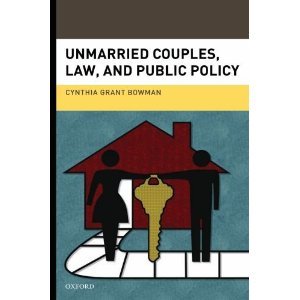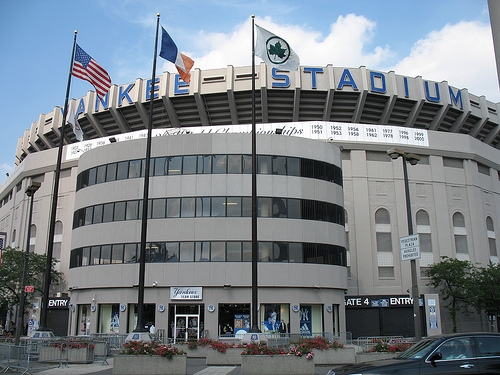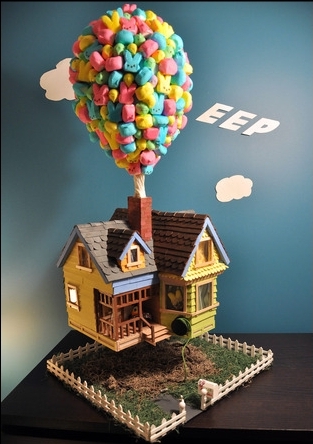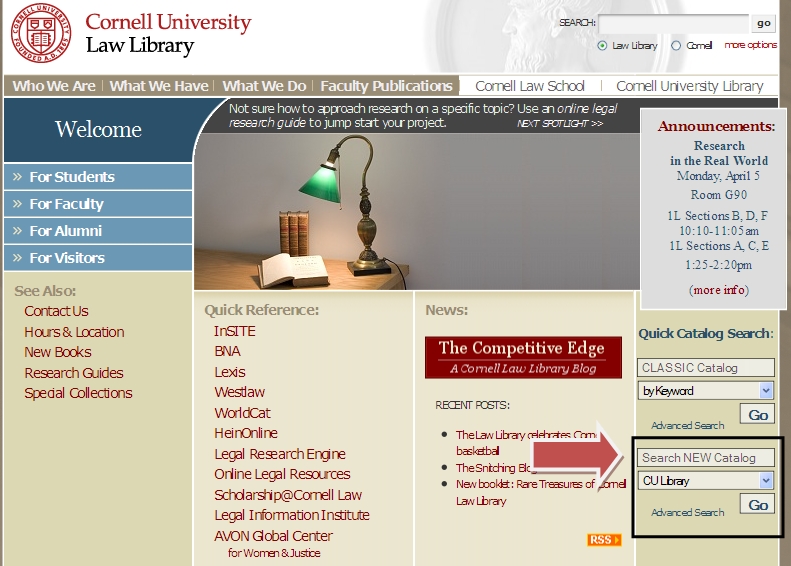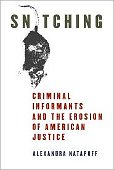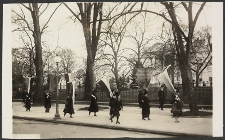Want to be prepared to practice in a world of international and transnational law? Most of you will face issues involving transnational law—are you ready? An easy way to learn the basics is to use the Global Issues series on reserve in the Law Library. These slim volumes supplement law school courses from contracts to torts and give you an overview of key concepts along with comparisons to U.S. law. Each title includes narrative explanations and excerpts from articles, government documents, and cases. Most importantly, the books quickly get to the point. We will be adding titles on more areas of law as they become available. More are on the way, but right now we have the following Global Issues in…:
- Constitutional Law
- Civil Procedure
- Contract Law
- Corporate Law
- Criminal Law
- Employment Discrimination Law
- Employment Law
- Family Law
- Income Taxation
- Labor Law
- Legal Ethics
- Property Law
- Tort Law
We have ordered these Global Issues in…:
- Copyright
- Employee Benefits Law
- Environmental Law
- Freedom of Speech and Religion
- Intellectual Property Law
Check reserve items out for two hours at a time or overnight from the Law Library circulation desk.

